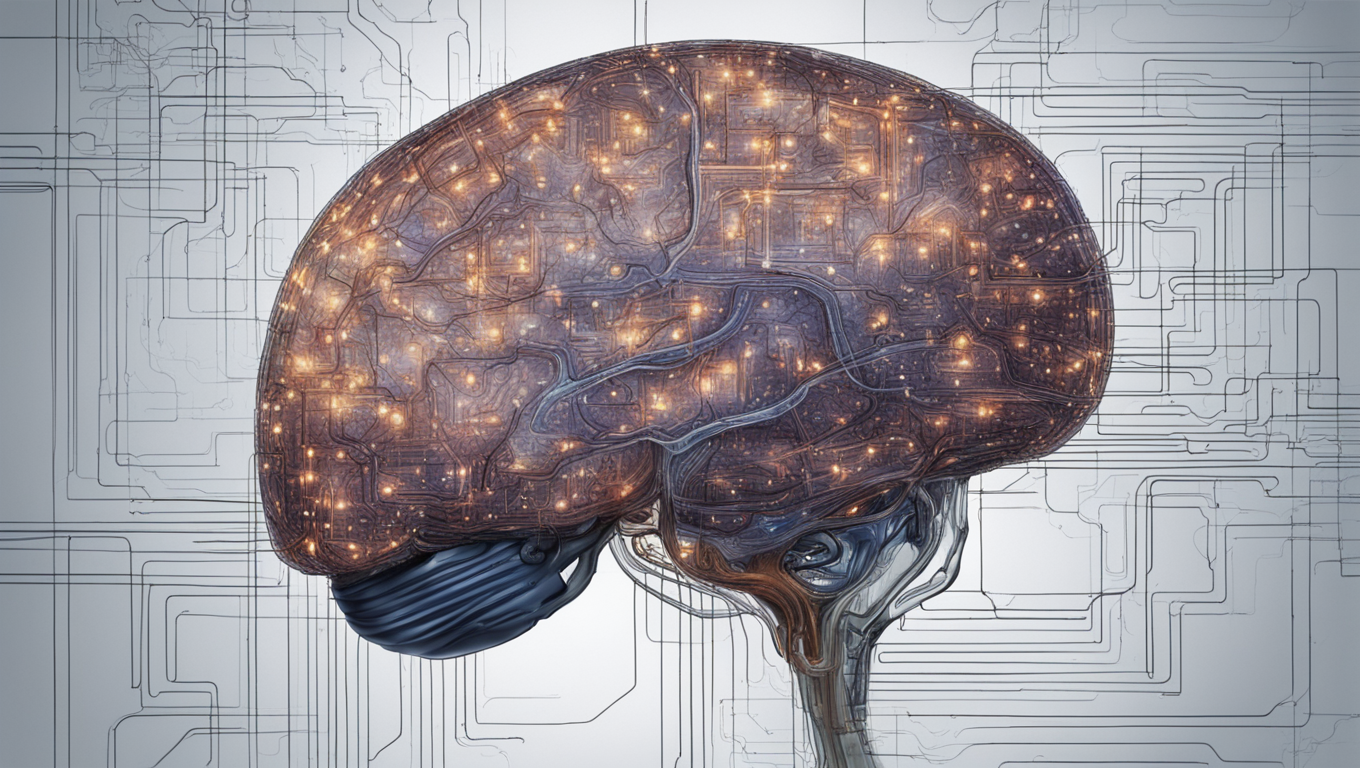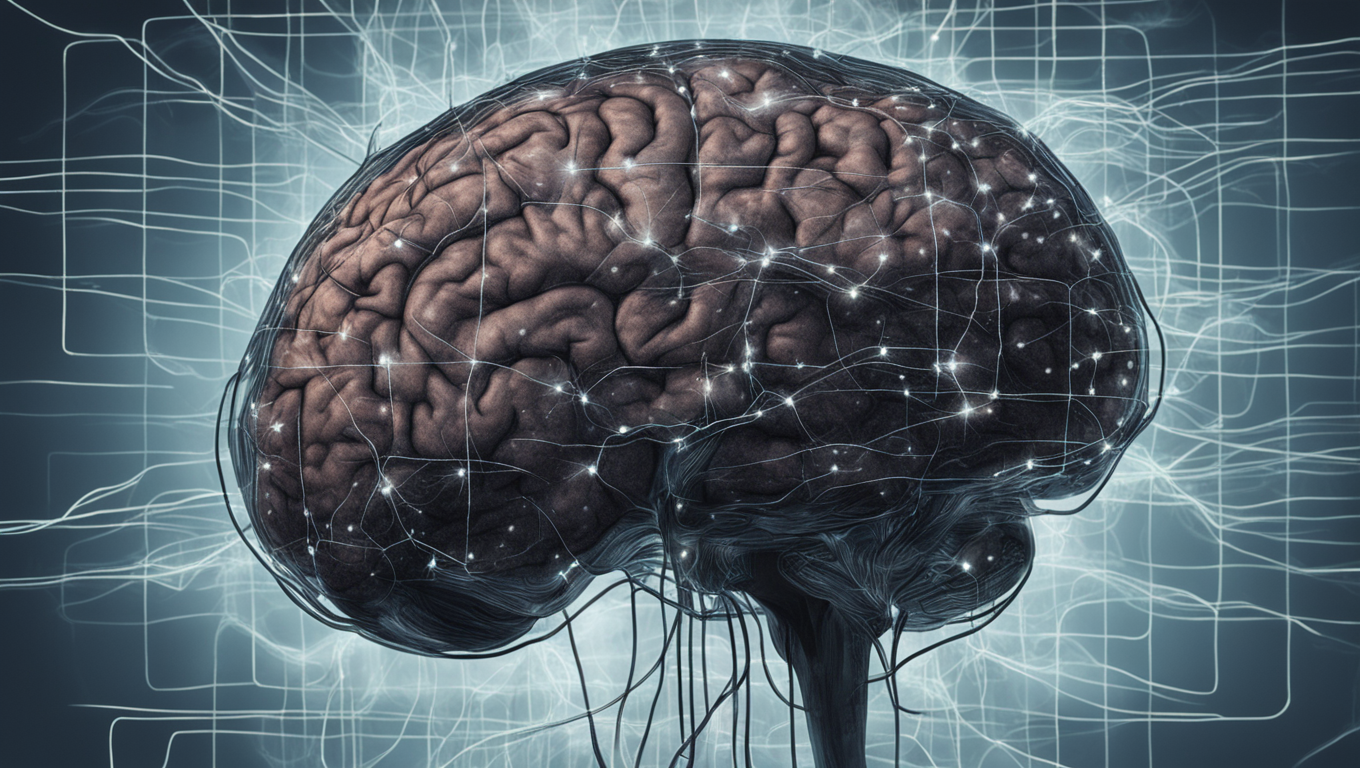June 21, 2024
Understanding depression has always been a challenge in the medical field, as no two individuals experience it in the same way. However, a recent study has made a groundbreaking discovery by identifying six distinct forms of depression, shedding light on why traditional treatments may not work for everyone. These findings have the potential to revolutionize treatment options for millions of people around the world.
In the study, researchers analyzed brain scans of over 800 patients diagnosed with depression and anxiety. By using a type of artificial intelligence called machine learning, the researchers were able to categorize the patients into specific groups based on their brain activity. Each group exhibited different symptoms and levels of cognitive functioning.
“We found that patients who had high activity in regions of the brain associated with processing emotions were more likely to display feelings of anhedonia than other patients,” said Leanne Williams, co-senior study author and a professor of psychiatry and behavioral sciences at Stanford University. Anhedonia refers to the inability to experience pleasure and is a common symptom of depression.
Moreover, the study revealed that three of the identified subtypes showed indications of either being more or less likely to respond to specific treatments. For instance, patients with high cognitive brain activity responded better to an antidepressant called venlafaxine. This newfound knowledge could significantly impact clinical practices, especially since up to a third of people with depression do not respond to any form of treatment.
Greg Siegle, a professor of psychiatry at the University of Pittsburgh, described the study as “extraordinary” and emphasized the importance of these findings for personalized care. “The idea that neuroimaging-derived subtypes of depression could have important clinical differences and potentially different treatment responses could be a critical step in moving towards personalized care,” he said.
The implications of this research go beyond treatment effectiveness. Understanding the biological reasons behind specific symptoms of depression can help patients feel understood and reduce the stigma associated with their condition. Willams highlighted the importance of this aspect, stating that “a better understanding of the biological reasons for a particular symptom of depression may help patients feel like they’re understood.”
Moving forward, the researchers plan to expand their study to include a larger sample size and investigate how each subtype responds to alternative treatment options. The ultimate goal is to develop personalized treatment plans that match patients to the type of therapy most likely to be effective for their specific subtype.
These advancements in the field of depression research offer hope for millions of individuals who have struggled to find relief through traditional treatment methods. Personalized care based on neuroimaging-derived subtypes has the potential to transform the way depression is treated, allowing for more accurate, targeted therapies that can improve the lives of countless individuals.





Use the share button below if you liked it.